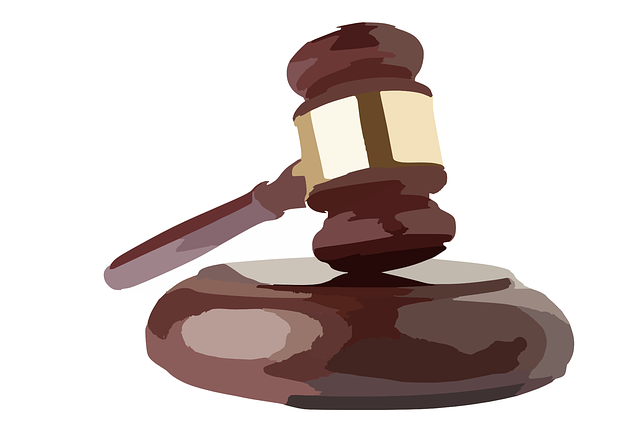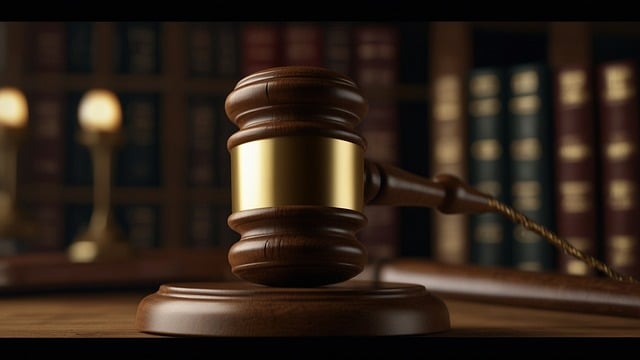Contempt of court charges stem from willful non-compliance with court orders, carrying penalties like fines and imprisonment. Strategic defenses include demonstrating compliance efforts and seeking order clarifications or modifications. Prevention involves open communication, transparent documentation, regular training, and mutual understanding among all parties involved in legal proceedings to maintain the integrity of the court system.
“Navigating the complex landscape of contempt of court can be a challenging endeavor for anyone. This comprehensive guide offers expert advice on understanding, challenging, and preventing contempt charges. From defining this legal concept and its various types to exploring strategic legal options and implementing preventive measures, we equip readers with crucial insights. Learn how to ensure court respect and foster compliance, ultimately revolutionizing your approach to avoiding and managing contempt of court situations.”
- Understanding Contempt of Court: Definition and Types
- Strategies to Challenge Contempt Charges: Legal Options Explored
- Preventive Measures and Solutions: Ensuring Court Respect and Compliance
Understanding Contempt of Court: Definition and Types

Contempt of court is a serious legal concept that refers to the willful failure or refusal to comply with a court’s order or command. It occurs when an individual or entity disregards or defies judicial authority, hindering the court’s ability to administer justice effectively. Understanding this concept and its implications is crucial for both individuals and legal professionals navigating legal disputes.
There are two primary types of contempt: civil and criminal. Civil contempt involves non-compliance with a court order intended to enforce a party’s rights or duties in a civil case. This could include failure to pay alimony, refusing to produce documents, or ignoring a restraining order. In contrast, criminal contempt relates to actions that disrupt the court’s proceedings or show disrespect for judicial authority, such as disorderly conduct in court or willful obstruction of justice. Both types carry potential penalties, including fines, imprisonment, or both, emphasizing the seriousness of defying a court’s mandate.
Strategies to Challenge Contempt Charges: Legal Options Explored

Facing contempt of court charges can be a stressful and confusing experience. However, there are several strategic approaches individuals can take to challenge these allegations. One common tactic is to gather and present compelling evidence that demonstrates their sincere efforts to comply with court orders or judgments. This might include providing documentation, witness testimonies, or any other relevant proof that refutes the contempt claims.
Additionally, legal options such as filing motions to clarify or modify existing orders can be employed. These procedural steps allow individuals to seek guidance from the presiding judge, ensuring a better understanding of their obligations and potential avenues for resolution. Engaging with experienced legal counsel who specialize in contempt of court matters is invaluable, as they can offer tailored advice and represent one’s interests effectively throughout the process.
Preventive Measures and Solutions: Ensuring Court Respect and Compliance

Contempt of court is a serious matter that can lead to significant consequences, including fines and imprisonment. To prevent such situations, it’s crucial to establish clear communication channels between all parties involved. Regular check-ins, transparent updates, and proactive problem-solving sessions can help identify potential issues early on. Ensuring that everyone understands the court’s orders and expectations is paramount; this includes legal representatives, witnesses, and any other individuals with a role in the case.
Implementing robust systems for document management, timely filing of paperwork, and adherence to deadlines can also mitigate risks. Regular training sessions on contempt prevention for all stakeholders, especially those frequently interacting with the court, are beneficial. Moreover, fostering an environment that encourages respect for judicial authority and the legal process is essential in upholding the integrity of the court system.






